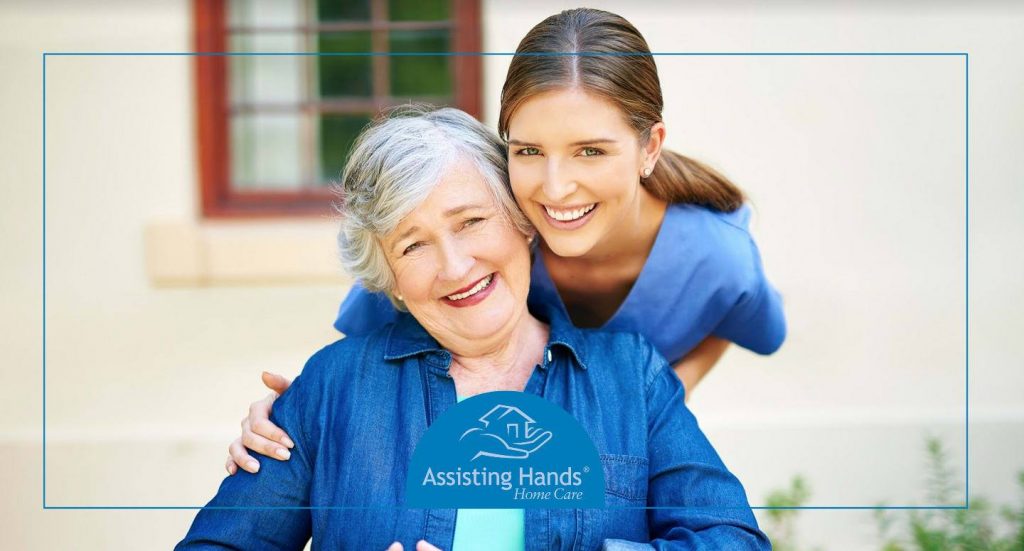
Even for the most resilient, energetic individuals, caregivers will experience a burnout at some point. Whether they’re working 1-2 days each week or 24/7, everyone needs a break. Because let’s face it, we’re all human.
In previous generations, seniors would have no choice but to move to a nursing home, where they would become bored and pay astronomical rates for 24/7 medical care. But now, more family members are stepping in to help their loved one stay at home. In fact, about 30% of all adults in the United States are informal caregivers.
Keep in mind, a caregiver is anyone who provides help or cares for another, such as a partner or spouse, disabled child, or aging relative. But these informal caregivers don’t often self-identify with their role. So recognizing the responsibilities of one can help to identify the stresses early on and seek help before they become worse.
Rewards and Stresses of Caregiving
Caregiving can be an incredibly rewarding job; the biggest reward is being able to help your loved one when they need it most. At the same time, it can also feel frustrating, lonely, and even saddening as the stresses added to the job are numerous. Keep in mind those who experience caregiver stress are often vulnerable to additional mental and emotional health issues.
The following factors are known to contribute to caregiver stress:
- Lack of coping skills and solving problems as they arise
- Lack of wanting to provide care
- Financial issues
- Depression
- Social isolation
- Living with the individual for whom you are caring
- Excess hours spent caregiving
Signs of Caregiver Stress
It’s normal to simply bypass the feelings of caregiver stress when you are a caregiver. But reviewing this list and assessing yourself can help you spot these signs early on and prevent the stress from becoming worse.
Each of the following are signs of caregiver stress:
- Always feeling tired
- Drug and alcohol abuse, including prescription drugs
- Frequent headaches or other physical pains
- Feeling overwhelmed and worried
- Gaining or losing excess weight
- Too much or not enough sleep
- Losing interest in daily activities
- Feeling agitated or sad
It’s normal to experience one or two of these signs every now and then but dealing with them for long periods of time can result in depression and increased anxiety. Your physical health may also start to decline with the lack of sleep, exercise, and a healthy diet. In the long run, these physical health issues can even lead to diabetes and heart disease.
How to Recover from Caregiver Burnout
The strains on a caregiver are many and may build over time as the aging care recipient needs more help. But the good news is there are many tools and resources available for caregivers to help you practice self-care. Remember, you must take care of yourself before you take care of anyone else.
Here are some ways to manage caregiver stress:
- Set realistic goals. Take baby steps to accomplish some of the larger tasks. Make a list and prioritize each one and even develop a daily routine. For tasks that are more draining, you have a right to say “no”, like hosting holiday events.
- Accept help. The best way to get help is simply to ask. You can make a list of tasks that others can handle for you. One example can include a friend or sibling offering to take your loved one out to lunch, pick up groceries, clean, or even cook a meal.
- Get connected. Again, 30% of all adults are informal caregivers. So more than likely there are resources in your area, including classes specifically regarding possible diseases that could affect your loved one. Also, be sure to reach out to your local home care agency for respite care assistance.
- Join a support group. There are plenty of support groups that are more than willing to offer encouragement and a listening ear to specific situations and issues. This can also be a great place to make new friends.
- Find social support. While you may be the designated caregiver, staying connected with friends and family is crucial for emotional and mental support. Set a specific time each week to connect, even if it’s for only 30 minutes over the phone.
- Set health goals. What gets measured gets accomplished, right? Setting goals like going to bed and waking up at a specific time, staying away from alcohol for a week, and even drinking two bottles of water a day are great goals to live a healthy lifestyle while caregiving.
- Focus on what you are able to handle. Especially if you are the only caregiver and worry that nobody will do as good of a job as you, it’s important to recognize your limitations. Know you can’t handle everything. It’s important to be prepared to say “no” every once in a while to events such as going to a baseball game, shopping, or to a party.
- Visit your doctor. Focusing only on your loved one can make it easy to forget about your own personal health. Make an appointment with your doctor for a yearly check up to ensure you are updated on all vaccinations and addressing any mental or physical health concerns.
Respite Care

One of the most beneficial resources for informal caregivers that allows them to recover from a burnout is respite care. With this type of care, a licensed and trained professional will take over the responsibilities of caring for your loved one for a specific time.
For seniors living at home, in-home respite care offers a great solution for providing family caregivers with a much-needed break. If you live in the Oswego, Plainfield, Romeoville or Joliet, IL area, Assisting Hands Home Care is available to provide respite care for family caregivers.
Our caregivers are trained, screened, bonded, and insured to help with various daily activities for your loved one, including cooking, cleaning, transportation, personal care, and much more.
Get a Free Consultation
For more information or to schedule a free consultation regarding our home care services in the Oswego, Plainfield, Romeoville or Joliet area, contact Assisting Hands Home Care at (815) 201-5445.
















